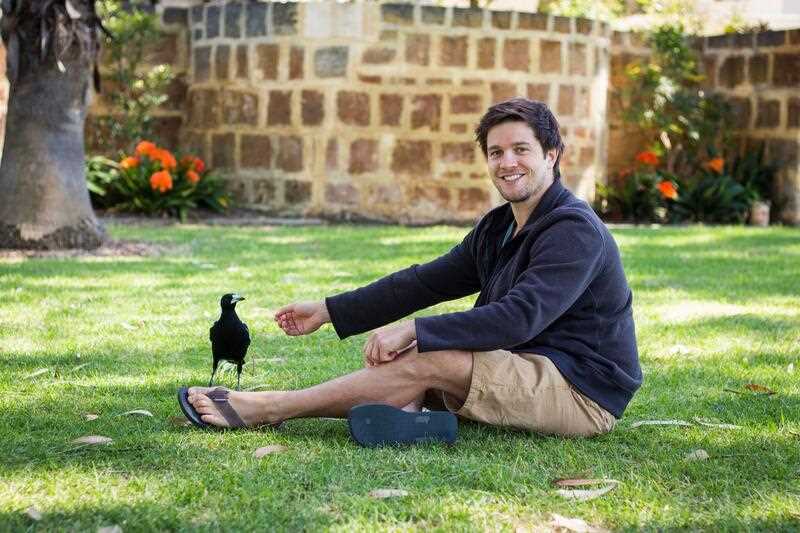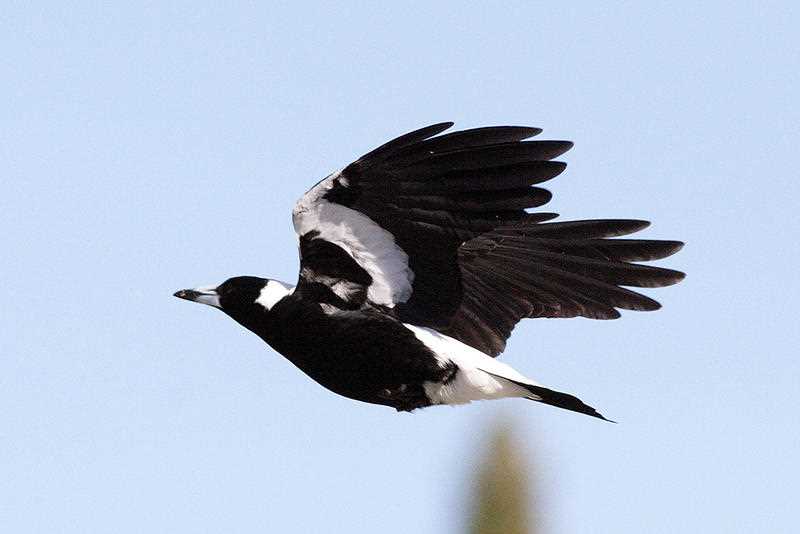Beware – it’s magpie nesting season and the “notorious swoopers” are thought to be so intelligent, they can remember faces.
South Australia’s Department for Environment and Water ecologist Karl Hillyard said people who had been swooped before were likely to be swooped again with magpies generally returning to the same area to breed every year.
While Macquarie University behavioural ecologist Ben Ashton said the behaviour could even appear particularly deliberate.

“Magpies are the most notorious swoopers and may persistently target a particular person, while ignoring others,” he said.
But both ecologists agree the attacks are not malicious, with the birds actively seeking to protect their nests or their young.
“And it’s not just humans that get swooped by magpies,” Dr Ashton said.
“Other bird species, such as ravens, and other animals such as dogs, get swooped as well.”
In most cases, swooping happens when a passing human or animal is considered a threat to a young magpie or magpie egg.
This is the time when magpies are most vulnerable and is the reason why swooping has been suggested to be an anti-predator adaptation.
Breeding season for maggies runs from about August to October.
Females usually lay between three and five eggs before sitting on them for about three weeks until they hatch.
“During this time, male magpies take up the role of the protector, with some using swooping as a tactic to defend their nests,” Dr Hillyard said.
“They will do this from the time the eggs are laid until the young birds are ready to fly, which is normally about four to five weeks after hatching.”
Changing your route is considered the best way to avoid being swooped, with magpies only likely to protect an area within 100 metres of their nests.
But there are other tactics.
The experts suggest walking rather than running away, wearing sunglasses on the back of your head or a hat with a pair of eyes drawn on the back.
Less subtle can be wearing a bike or skateboard helmet or carrying an open umbrella.
Dr Hillyard said it was important not to act aggressively.
“If you wave your arms or shout, the birds will see you as a threat to the nest, not just this year but potentially for years to come,” he said.
And while it might seem we’re all under attack, in reality, Dr Ashton said only about 10 per cent of magpies swoop.
In his 10 years of researching the birds, he’s never been targeted.
In his work, Dr Ashton is using magpies as a study species to answer questions central to the understanding of cognitive evolution.
“One of the main hypotheses for the evolution of intelligence predicts that the challenges of living in complex social environments selects for greater intelligence,” he said.
“In line with this, my colleagues and I found a relationship between group size and cognitive performance in magpies.
“We found that magpies living in larger groups performed better in a series of cognitive tasks.”
They are now carrying out a series of additional experiments to determine what is driving that relationship.
“For example, we are using social network analysis to see if it is the number and strength of social relationships that drive cognitive development,” Dr Ashton said.
“We are also researching cognitive senescence, the gradual decline in cognition with age.”
Cognitive senescence is well documented in humans, but largely unknown in wild animals.
By Tim Dornin
Get local, national and world news, plus sport, entertainment, lifestyle, competitions and more delivered straight to your inbox with the Canberra Daily Daily Newsletter. Sign up here.



